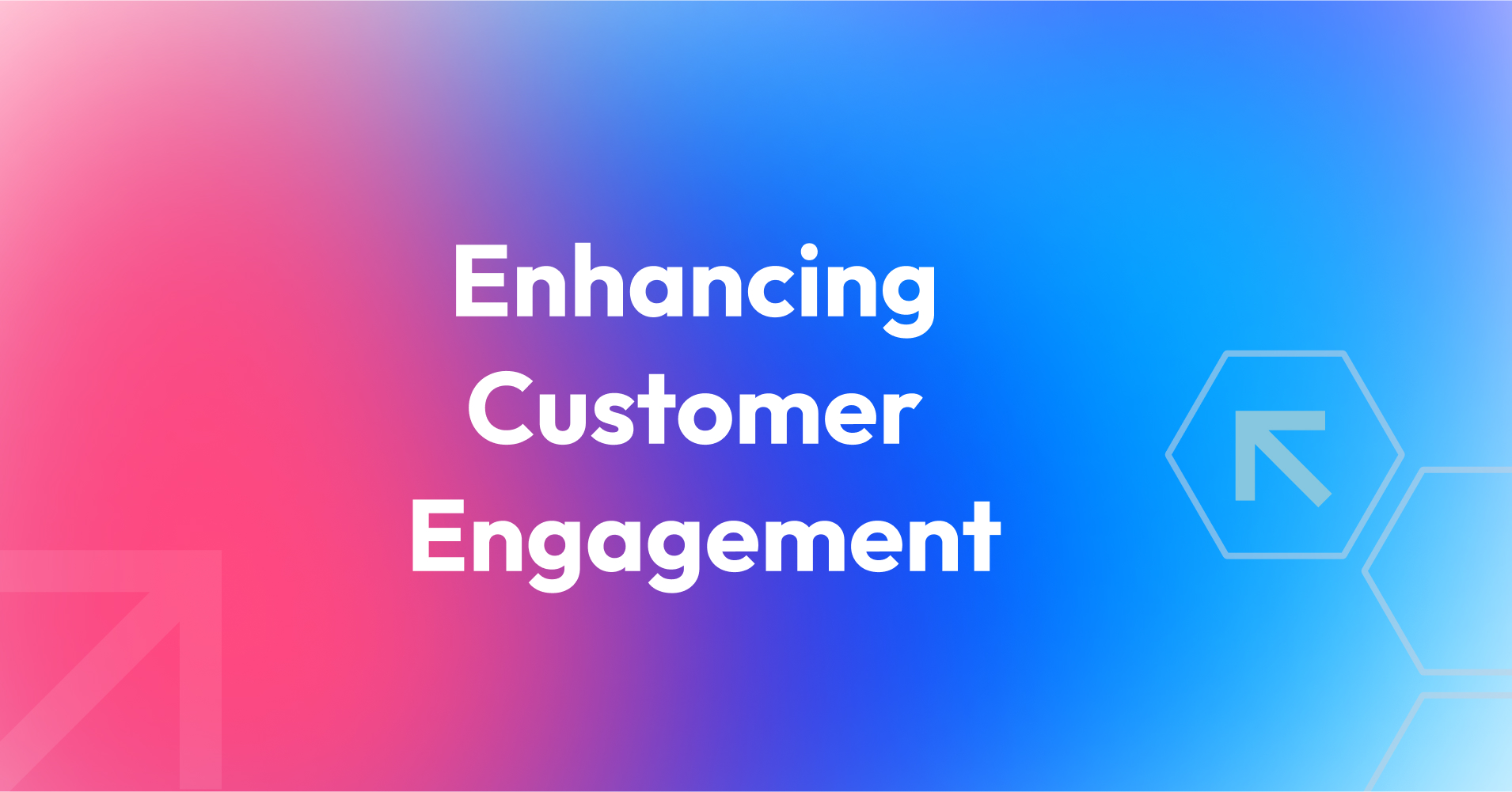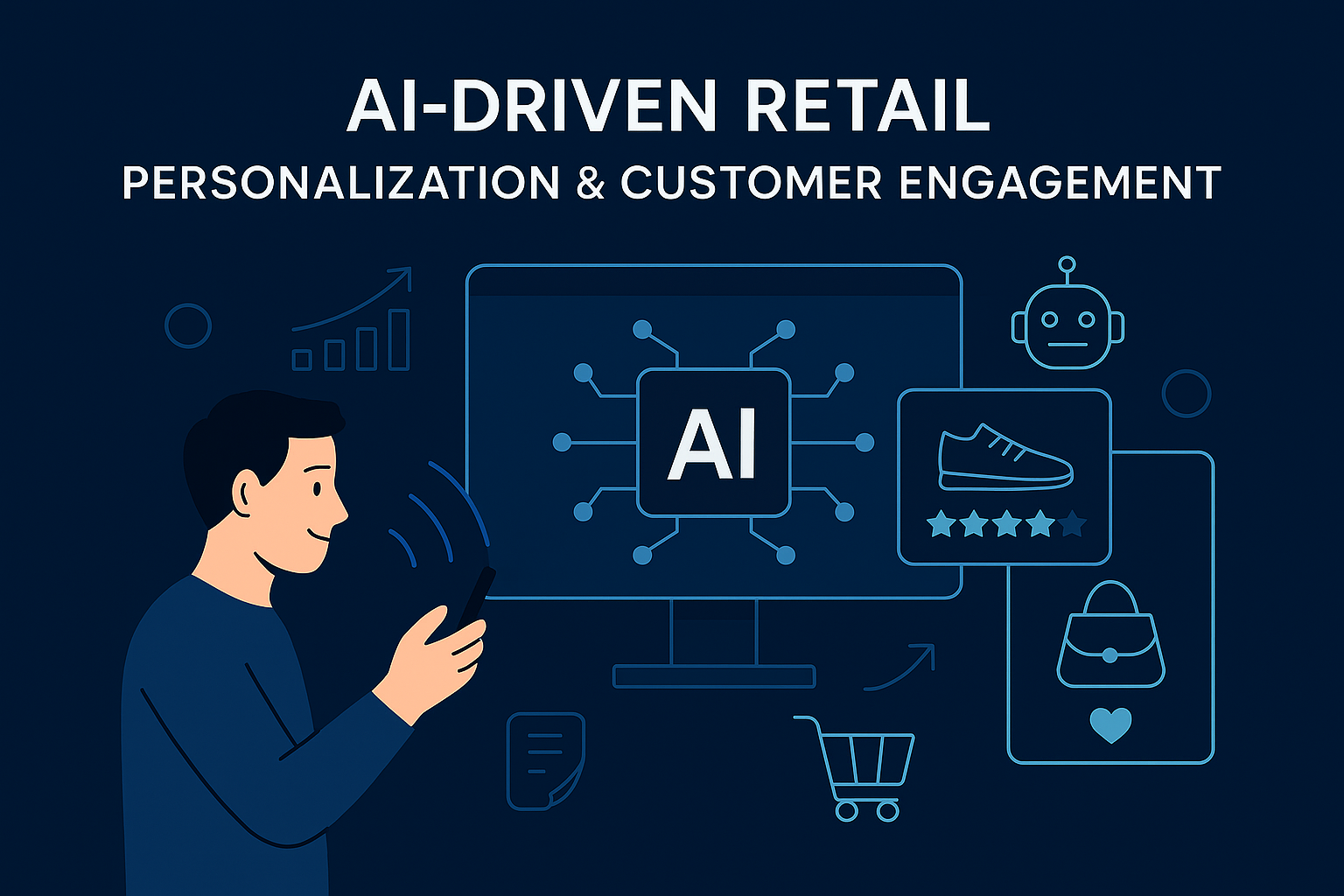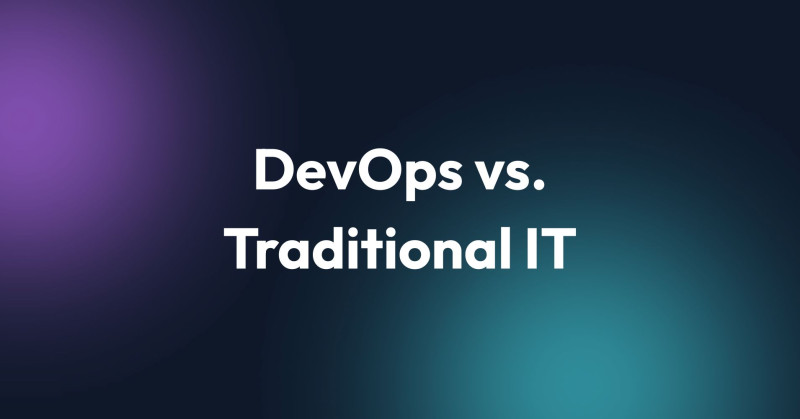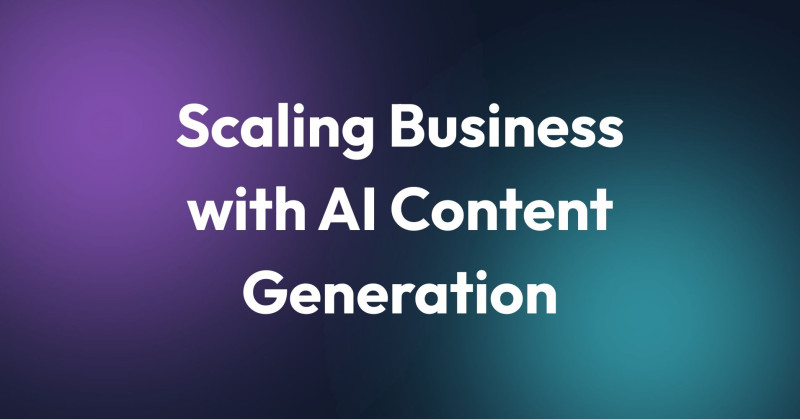Today’s retail landscape is more competitive than ever. With digital-native consumers expecting seamless, hyper-personalized experiences, CMOs and retail leaders must rethink how they build relationships with customers. Traditional marketing techniques alone are no longer enough to drive loyalty and revenue growth.

This is where AI-driven marketing strategies are rapidly transforming how brands engage with their audiences — delivering smarter customer engagement and deeper retail personalization.
Why Retail Needs AI-Driven Marketing Now
Modern consumers interact with brands across multiple channels: websites, mobile apps, social media, email, chatbots, and physical stores. Each touchpoint generates valuable data — but human teams alone cannot process and act on this data fast enough.
AI marketing platforms analyze massive data streams in real time, uncovering behavioral patterns, preferences, and intent signals that help retailers:
Personalize offers at scale
Predict customer behavior
Optimize campaign performance
Increase lifetime value
According to PwC, companies leveraging AI for customer engagement report up to 30% higher conversion rates and significant increases in customer satisfaction.
How AI Marketing Boosts Customer Engagement

1. Hyper-Personalized Product Recommendations
AI engines analyze:
Purchase history
Browsing behavior
Location data
Seasonal trends
This allows retailers to serve highly personalized product recommendations — both online and in-store — that feel intuitive and relevant to each individual customer.
Example: Amazon attributes a large portion of its revenue to AI-powered recommendation engines.
2. Predictive Customer Journey Mapping
AI models predict where each customer is in their buying journey and adjust messaging accordingly:
Product discovery → personalized content
Consideration → targeted offers
Purchase → upsell & cross-sell
Post-purchase → loyalty-building campaigns
Result: Higher engagement and improved conversion at every stage.
3. AI-Optimized Email and Messaging Campaigns
AI marketing tools test multiple subject lines, visuals, and calls-to-action to automatically optimize:
Open rates
Click-through rates
Conversion rates
CMOs can launch adaptive campaigns that continuously improve based on real-time customer interactions.
4. Intelligent Chatbots and Virtual Assistants
AI-powered chatbots provide instant 24/7 customer support, assisting with:
Product inquiries
Order tracking
Personalized recommendations
Returns and refunds
This boosts customer satisfaction while reducing pressure on support teams.
5. Dynamic Pricing and Promotions
AI algorithms evaluate supply, demand, competitor pricing, and customer profiles to dynamically adjust pricing and promotions in real time.
Impact: Maximize revenue while maintaining competitiveness and perceived value.
6. Sentiment Analysis and Social Listening
AI analyzes social media, reviews, and customer feedback to detect emerging trends and sentiment shifts.
Allows proactive adjustments to marketing strategies
Helps prevent PR issues before they escalate
Key Benefits for Retail CMOs
By embracing AI marketing, retail leaders can:
Deliver more relevant customer experiences
Improve campaign ROI
Increase customer lifetime value
Build stronger brand loyalty
Reduce customer churn
According to McKinsey, retailers who fully adopt AI-driven personalization can increase revenue by 10–15% and reduce marketing costs by 20% or more.
Implementation Challenges
While the potential is massive, CMO teams must also manage:
Data integration: Clean, unified customer data across all platforms
Privacy compliance: Full alignment with GDPR, CCPA, and other regulations
Model explainability: Transparent AI models for ethical marketing practices
Organizational change: Reskilling teams to collaborate with AI systems
Strategic Takeaway for CMOs and Retail Leaders
For CMOs and retail executives, AI marketing is no longer optional — it’s becoming the core driver of customer engagement and competitive advantage. Retailers who successfully deploy AI-powered customer engagement and personalization strategies will build deeper customer relationships and more resilient revenue streams.





















